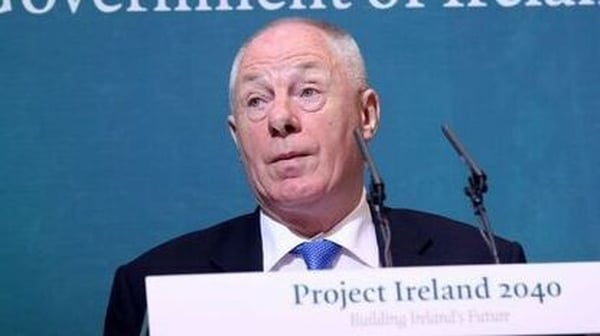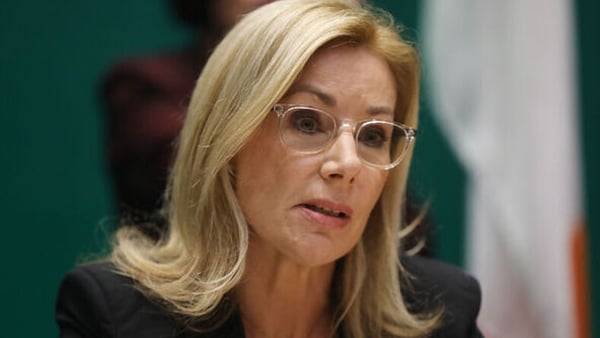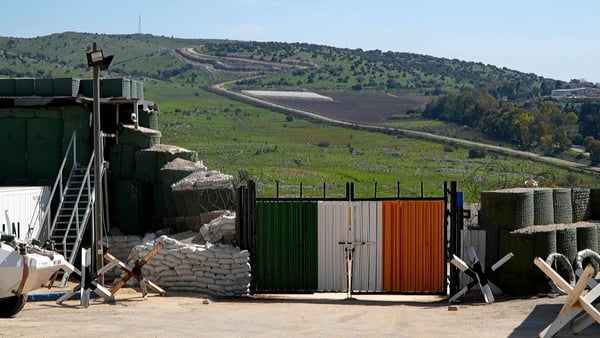There’s a certain type of politician who loves to be thought of as the quintessential common man.
At election time they're all at it, especially if the cameras are close by. You'll find them drinking pints, attending football matches or eating chips. If they think it will make them look more ordinary and less like a politician, they'll do it.
But it's often a wheeze to disguise naked ambition, and a ploy to get votes. This week in Strasbourg, we saw more of it.
It was the end of the political season, but as jaded MEPs trudged past the glumly lit Christmas tree to begin work at the European Parliament, a heavy agenda loomed.
Brexit, security and defence, human rights. Big weighty topics to keep any politician busy.
And while the big one, Brexit, cast a shadow over the week’s proceedings, journalists poked around among the other agenda items for something, anything, which would provide some light relief.
And so it came, roasted on a spit, and wrapped in bread. Kebabs.
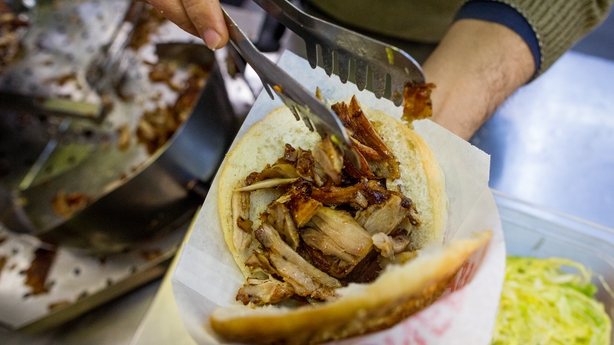
The favourite snack of the late-night reveller, beloved the world over as the perfect way to end a night of socialising, was up for discussion.
Kebabs it seemed, had been chewed on, not just by late night drinkers, but also by EU civil servants and MEPs, who had clashed over the safety of the evening-time meat feast.
The problem: phosphates. Additives that keep the meat juicy after being roasted on a spit for hours.
According to MEPs on the parliament’s health committee, there was scientific evidence to indicate that their consumption is linked to heart disease.
But the European Commission wanted to legalise the use of phosphates in frozen kebab meat, claiming the amount of the additive used on the meat posed no significant risk.
The clash between the commission and the committee meant that the parliament had to vote on it, raising the question of whether the doner was a goner.
Initially, it was just going to be a vote without debate. But when journalists started writing about it, other MEPs latched on, and a last-minute debate was arranged.
When I asked one UK-based MEP why a debate on kebabs had been added to the agenda, he told me it was simple: "It's a straight bananas story, a classic tale of EU interference" he said.
"This is exactly why we had Brexit ... because of Europe’s meddling. We have to stand up for the ordinary guy down the pub," he said.
His comments brought to mind an episode of the UK TV show 'Yes Minister' where minister Jim Hacker bemoans the fact that he has to send a Christmas card to a European commissioner who wants to stop Britain calling the sausage, a sausage.
In the episode he claims the EU is insisting that the "British sausage" must be called an "emulsified, high fat, offal tube" because it doesn't contain enough meat to be called a sausage.
Hacker declares that the commissioner may be right, but the move would be extremely unpopular with voters.
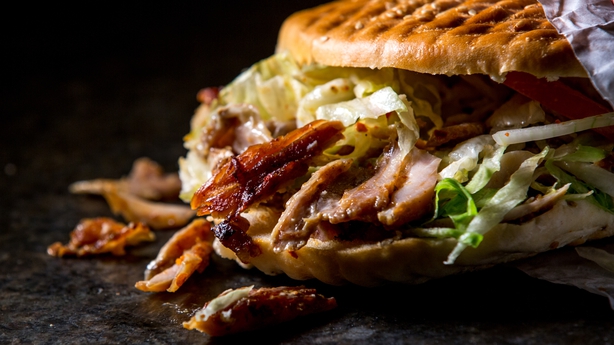
It’s the same with kebabs. Harming your health is one thing, but taking away a delicious midnight meat snack, largely consumed by people on their way home from the pub, now that’s another thing entirely.
That’s hard for any populist to swallow.
The debate took place just before midnight, a time when for most of us, the kebab comes into its own.
But despite the good intentions of the MEPs on the health committee, the EPP, the largest group in the parliament, rejected their advice, and backed the commission. The resolution was defeated in a vote the following day (MEPs needed an absolute majority of 376 to ban phosphates from food, but just 373 voted in favour).
The kebab was spared. Politicians took to social media to declare victory for the common man.
"We saved your kebab, you’re welcome" declared the European People’s Party in a tweet.
This is the same group which has German Chancellor Angela Merkel and Taoiseach Leo Varadkar among its members.
Conservative MEPs in Britain too were quick with their newsletters to claim victory for "saving your kebab".
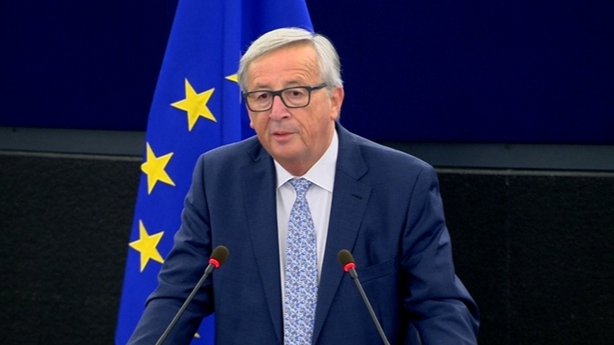
It was as though a message from EU Commission President Jean Claude Juncker, earlier this year had been received loud and clear.
In his State of the Union address to MEPs he said "We should not meddle in the everyday lives of European citizens by regulating every aspect. We should be big on the big things."
His comments were interpreted by many as a lesson to be learned following Brexit.
And so, perhaps this week MEPs in Strasbourg actually learned that lesson.
Or maybe they didn't.
Maybe they were just doing what they always do, and looking for the vote from the guy down the pub.


